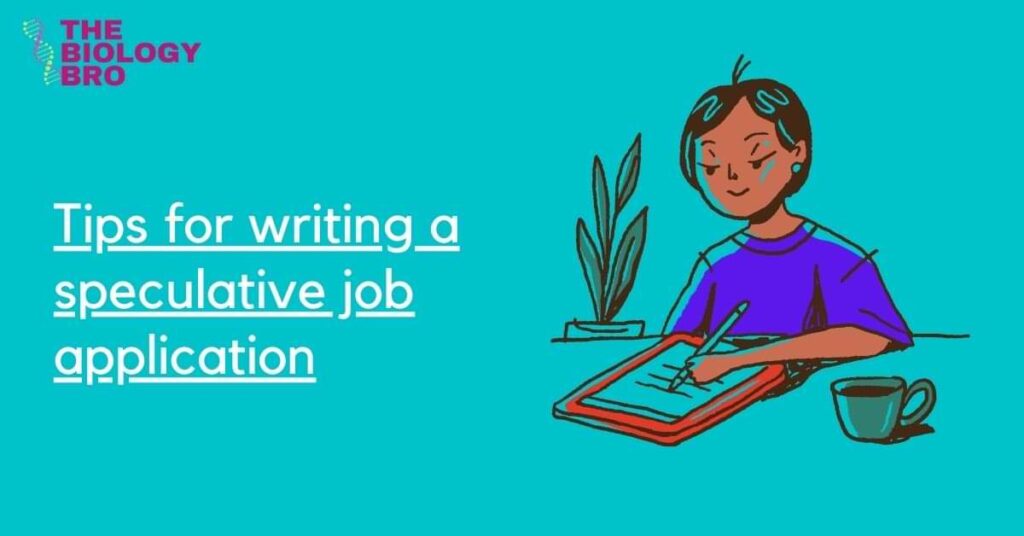Table of Contents
What is a personal statement?
A personal statement is a succinct description of their credentials, abilities, and experience one may be asked to submit as part of an application for postgraduate study or a job. It serves to emphasize your accomplishments and persuade the employer that you are a suitable fit for the position. It is typically included with your resume or curriculum vitae. Each statement will need to be different depending on the course or role you are applying to.
How is cover letter for job application written?
Personal statements for college
Details of the requirements for the personal statement for college will appear either in the personal statement heading section or in the guidance notes which accompany the application form. You usually need to explain your motivations and suitability for the course, and to demonstrate your research and
understanding of the course you are applying for.
Personal statements for resume
This is likely to be part of a more extensive application form. They may ask a specific question, e.g.
“Describe how your skills and experience make you a suitable candidate for this role”, or may leave
this more vague, e.g. “Tell us about yourself”. Either way you need to use this to demonstrate why
you are a good candidate by explaining how you meet the job requirements.
What to include?
There is no set structure for a personal statement. However, the following questions may help you to
shape your statement:
Why are you applying?
You need to demonstrate that you have a clear and well-informed understanding of what the
opportunity is, and provide specific reasons as to why you are applying.
• Personal statement for college: Why do you want to study at this particular university: is the department well known for its expertise in this course area or have you any other reasons for choosing this university? Why do you want to study this program: is the program noted for a particular
emphasis, specialty or orientation, what do you like about the content of the course?
• Personal statement for resume: Why are you applying for this role: what do you like about the job description, and what attracts you to work in this field? Why are you interested in working for this company? What impresses you about what they do, what personal experience do you have of their
company, what do you like about their values and mission statement?
What relevant experience do you have?
Make sure you’ve researched what is required for the opportunity and detail any relevant experience
you have. This could include a wide range of experience, for example: work experience (voluntary or
paid), previous study, extra-curricular achievements.
• Personal statement for college: Is your previous degree relevant and how has it prepared you for this
course? What have you learned in your university studies so far that would transfer to this
course? If appropriate, write about any projects, dissertations or extended essays you’ve done if
they are relevant or demonstrate relevant skills.
• Personal statement for resume: How has your previous work experience (or academic study) prepared you for work in this field? Look at the duties outlined in the job description – have you done any of
these before?
What transferable experience/skills do you have?
As well as your relevant experience it’s important to include evidence of your transferable skills and
personal qualities that will make you a suitable candidate for the course or position.
• Personal statement for college: if they have not provided any criteria for your skills/personal qualities then consider what would make somebody a successful student on the course. Many postgraduate
courses will expect students to have good time-management skills, high levels of critical
thinking, excellent written communication skills and to be able to work independently.
• Personal statement for resume: use the person specification/job description to identify which skills and attributes are required for this specific role. Some companies will also have core competencies
for the organisation – research the ‘careers’ pages on their website to find out more.
How does the opportunity fit your career/academic objectives?
You may not have a clear, long-term career idea, but you should be able to demonstrate how the
opportunities will progress your personal, professional and/or academic development.
• Personal statement for college: you may not have a specific focus on what you want to do afterwards, but you should have some general ideas as to how the course will help your personal and
professional goals. Explain how this particular course will help you in your career or future
plans.
• Personal statement for resume: you could explain how this role fits into your current/long-term career plans. However, make sure you still appear committed to this role – the focus should be on how the
role advertised will help your professional development.
Tips for writing your personal statement for resume/college
- Avoid making your statement too long with unnecessary detail.
- Pay attention to the word/character limit (if there is no word limit we would suggest a maximum of two pages).
- When writing your personal statement, make sure it follows a structure, with a beginning, a middle, and an end. If it helps, use headings whilst you’re drafting.
- Draft your structure first – it is difficult to write a succinct statement without planning the main points of each section.
- Give yourself time to write it properly – your first draft alone could take you a whole day to write.
- It is your personal statement so don’t copy, avoid clichés and keep your statement unique.
- Write in a formal style – but don’t include jokes, abbreviations or conversational language.
- Remember you have a lot to offer – you just have to write about yourself in a natural and positive way, and sell all the skills and experience that you have.
- Keep your statement factual and accurate, as you may be asked about what you’ve written at interview.
- Check carefully that your spelling and grammar is correct. Get someone you trust to read it out loud to you to spot errors and make sure it makes sense.


